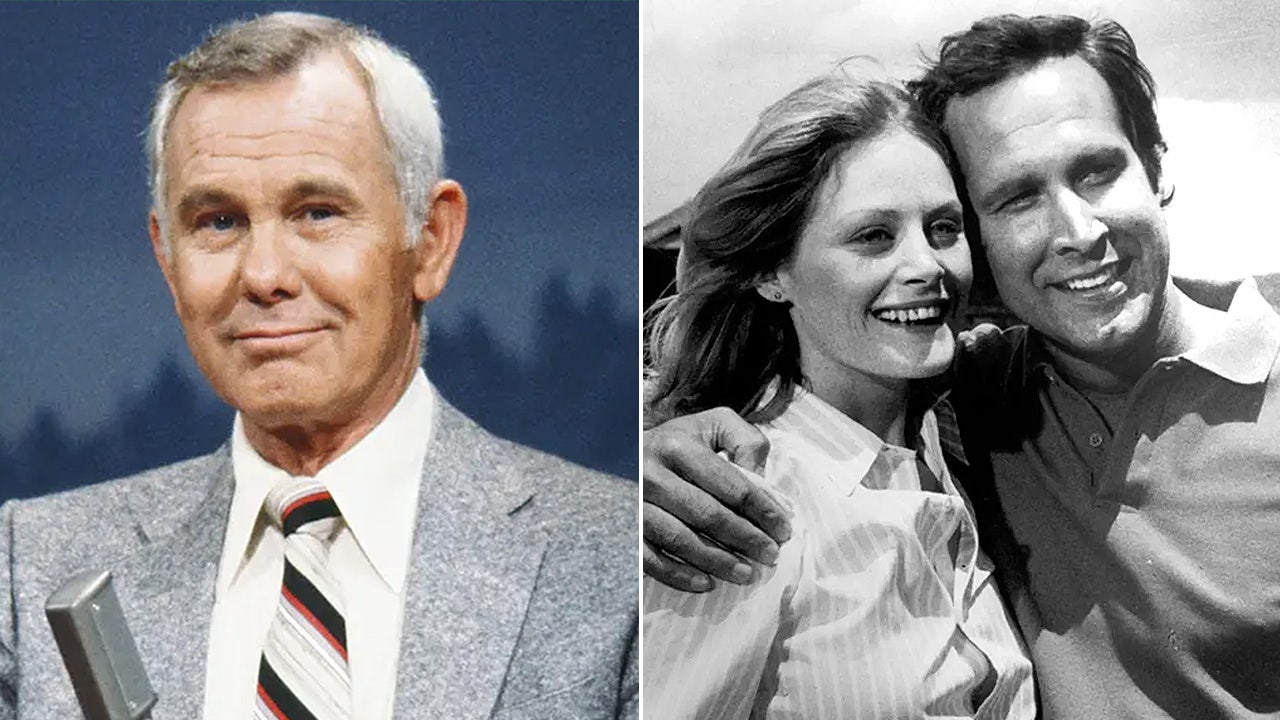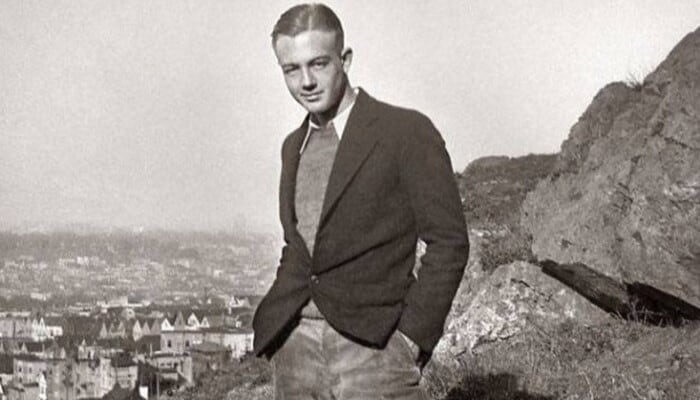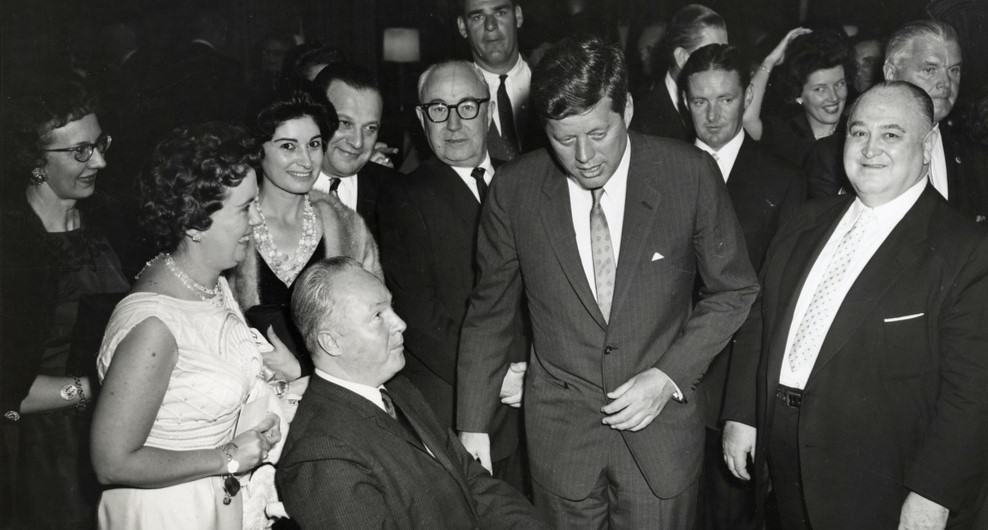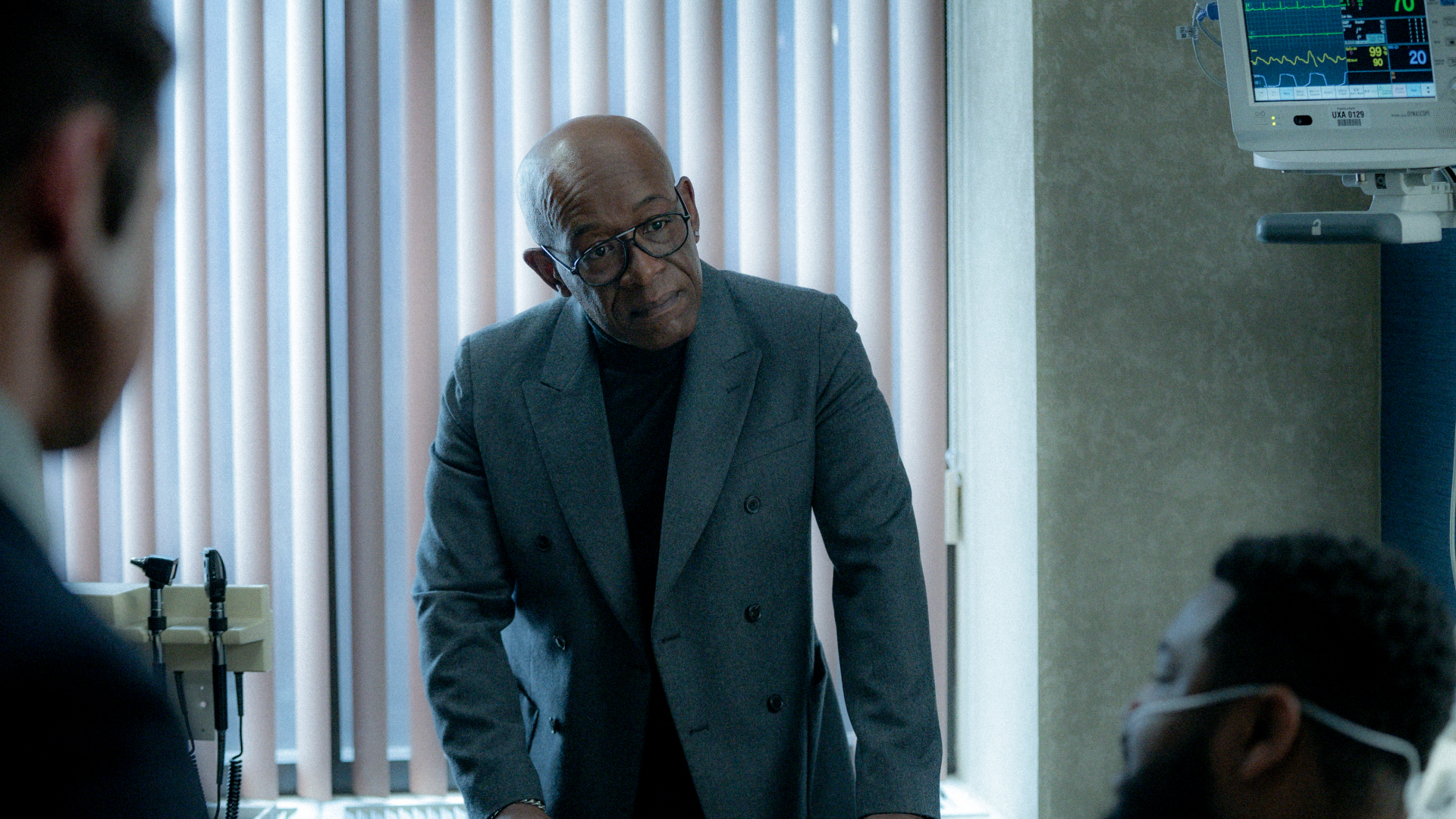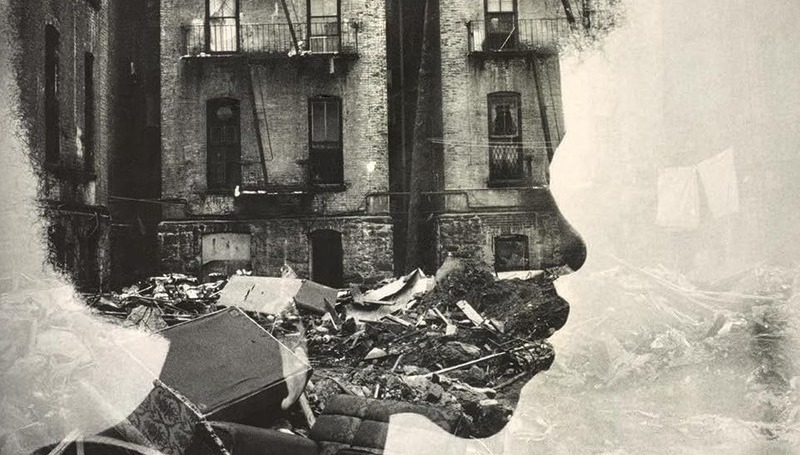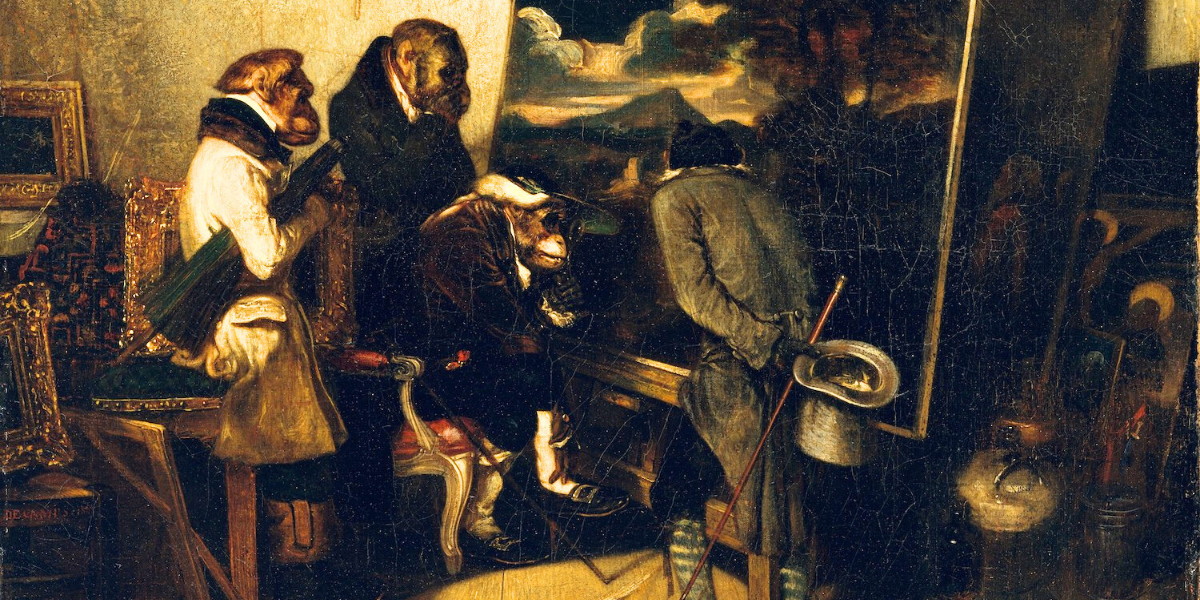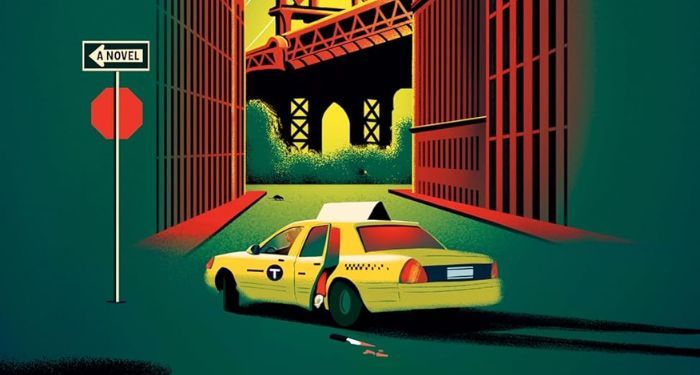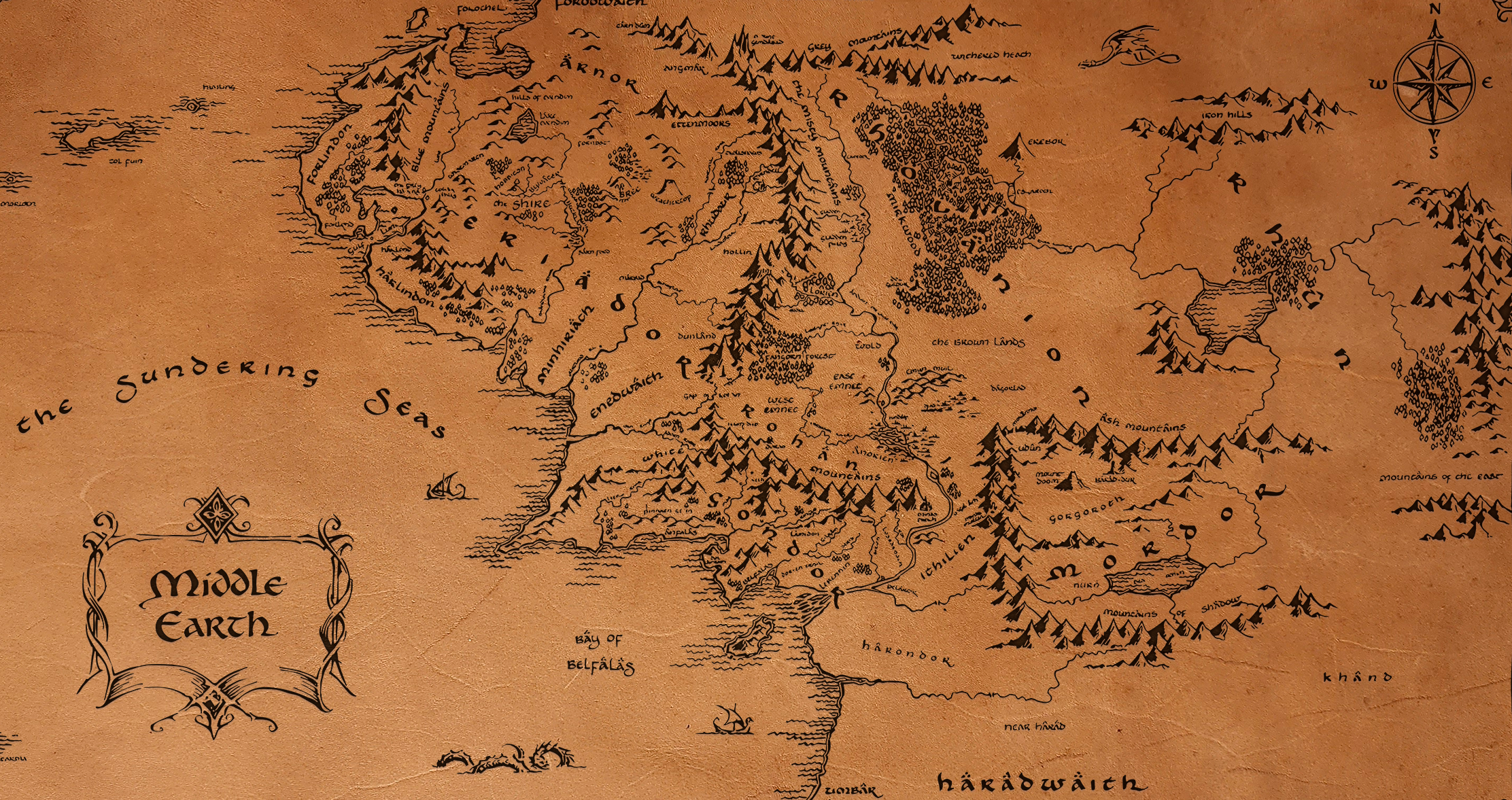One of the most remarkable achievements in cinema is when a film successfully transports its audience to another time and place. Ang Lee’s Brokeback Mountain immerses viewers in the world of cowboys in 1960s Wyoming. Pawel Pawlikowski’s Cold War brings us to bleak, gorgeous 1950s Poland. Spike Lee’s The 25th Hour could take place nowhere but post-9/11 New York. And now we have John McPhail’s Dear David, a journey to the psychedelically cringe heart of the 2010s internet.
A tepid attempt at horror about a narcissistic blogger as he’s menaced by a ghost with an oddly wholesome anti-cyberbullying agenda, Dear David is not a good movie. But it is the most epic bacon amazeballs doggo i can haz cheeseburger [tips fedora] you sir have won the internet film of all time, an ironic mustache-finger tattoo of a motion picture, so committed to bringing the giddy spirit of BuzzFeed to our screens that there is nothing left to do but gaze upon it in awe.
For those unfamiliar with its origins, Dear David is adapted from a series of viral tweets BuzzFeed cartoonist Adam Ellis wrote in 2017. In this ongoing bit, Ellis described how he felt haunted by a supernatural being that visited him in dreams. “So, my apartment is currently being haunted by the ghost of a dead child and he’s trying to kill me. (thread)” reads the first tweet. In the follow-up, he drew a cartoon of the ghastly child and described his appearance: “He had a huge misshapen head that was dented on one side.”
Over the next few months, Ellis continued to update his followers about the figure, which he called “Dear David.” He started taking photos and videos that, when brightened with editing software, appeared to show a spectral childish figure as it followed him. The whole thing was, frankly, both exhausting and clearly fake—I feel a bone-deep embarrassment typing it out—but people went wild for it. An incredible number of digital news outlets reported on “Dear David” like it might possibly be real. Ellis gained over a million followers on Twitter and Instagram, and soon enough, a movie deal was struck.
Dear David is not the first film based on tweets; Janiczka Bravo based her mesmerizing 2020 film Zola on a rollicking Twitter thread by Aziah “Zola” King. But it is, alas, the worst film based on tweets, one which plays up the most cloying bits of Ellis’ Twitter presence instead of leaning all the way into the inherent goofiness of its premise.
In the film, Ellis, played by Augustus Prew, is a self-absorbed cartoonist who ignores his nice boyfriend and treats his friends like accessories, all while talking in a slurry of geriatric millennial clichés. (“I’m relatable AF,” is an actual line of dialog.) He draws the malevolent spirit of “Dear David” into his life by being rude on Twitter. Specifically, he responds to a mean comment by telling the person to “DIAF,” which means “die in a fire,” and then finds himself terrorized in sleep paralysis by a malevolent force that does indeed have a weird misshapen head. (Ellis’ cartoon is reproduced in full for the film, as are a large number of his tweets.)

